 Friday 6th October St Mary’s Maternity Unit, part of Poole Hospital NHS Foundation Trust, held a Whose Shoes? event in Poole. Whose Shoes?® is a facilitation tool to help empower both staff and service users of services. Friday’s event was led by Gill Phillips, the person behind the original idea of Whose Shoes?®. Gill’s approach involves promoting understanding and empathy by looking at issues from a wide range of perspectives from a range of possible stakeholders.
Friday 6th October St Mary’s Maternity Unit, part of Poole Hospital NHS Foundation Trust, held a Whose Shoes? event in Poole. Whose Shoes?® is a facilitation tool to help empower both staff and service users of services. Friday’s event was led by Gill Phillips, the person behind the original idea of Whose Shoes?®. Gill’s approach involves promoting understanding and empathy by looking at issues from a wide range of perspectives from a range of possible stakeholders.
The event Poole was initiated by NHS midwife Jillian Ireland, who is also BU Visiting Faculty in our Centre for Midwifery, Maternal & Perinatal Health (CMMPH). She was assisted by Dr. Jen Leamon, who helped facilitate NHS maternity staff, pregnant women and new mothers, in their discussions. Jen is Senior Lecturer in Midwifery at BU and she facilitated the discussion with the aid of the Whose Shoes? board game. In the afternoon Prof. Edwin van Teijlingen (also based in CMMPH) led a discussion of reflection and reflective practice with midwives and maternity support workers (MSWs). CMMPH’s involvement in the event is part of our wider collaboration with the NHS locally in the field of midwifery education.
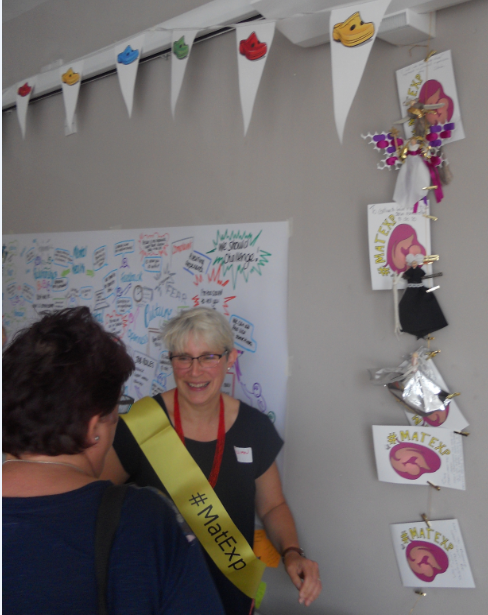 The Whose Shoes? board game is also by CMMPH in a very different context as PhD student Alice Ladur has translated the game to test it in Uganda. Alice first did a pilot study with African men living in London before embarking on a project to improve men’s involvement in maternity care in rural Uganda.
The Whose Shoes? board game is also by CMMPH in a very different context as PhD student Alice Ladur has translated the game to test it in Uganda. Alice first did a pilot study with African men living in London before embarking on a project to improve men’s involvement in maternity care in rural Uganda.


 The Global Challenges Research Fund (GCRF) offers a unique opportunity for the Arts and Humanities Research Council (AHRC) and the MRC to launch a global public health initiative that responds to the challenge of bringing together expertise in medical science and health interventions in developing countries, with arts and humanities research bringing an understanding of local knowledge and history, cultural and historical contexts and dynamics, community engagement, and trust.
The Global Challenges Research Fund (GCRF) offers a unique opportunity for the Arts and Humanities Research Council (AHRC) and the MRC to launch a global public health initiative that responds to the challenge of bringing together expertise in medical science and health interventions in developing countries, with arts and humanities research bringing an understanding of local knowledge and history, cultural and historical contexts and dynamics, community engagement, and trust.



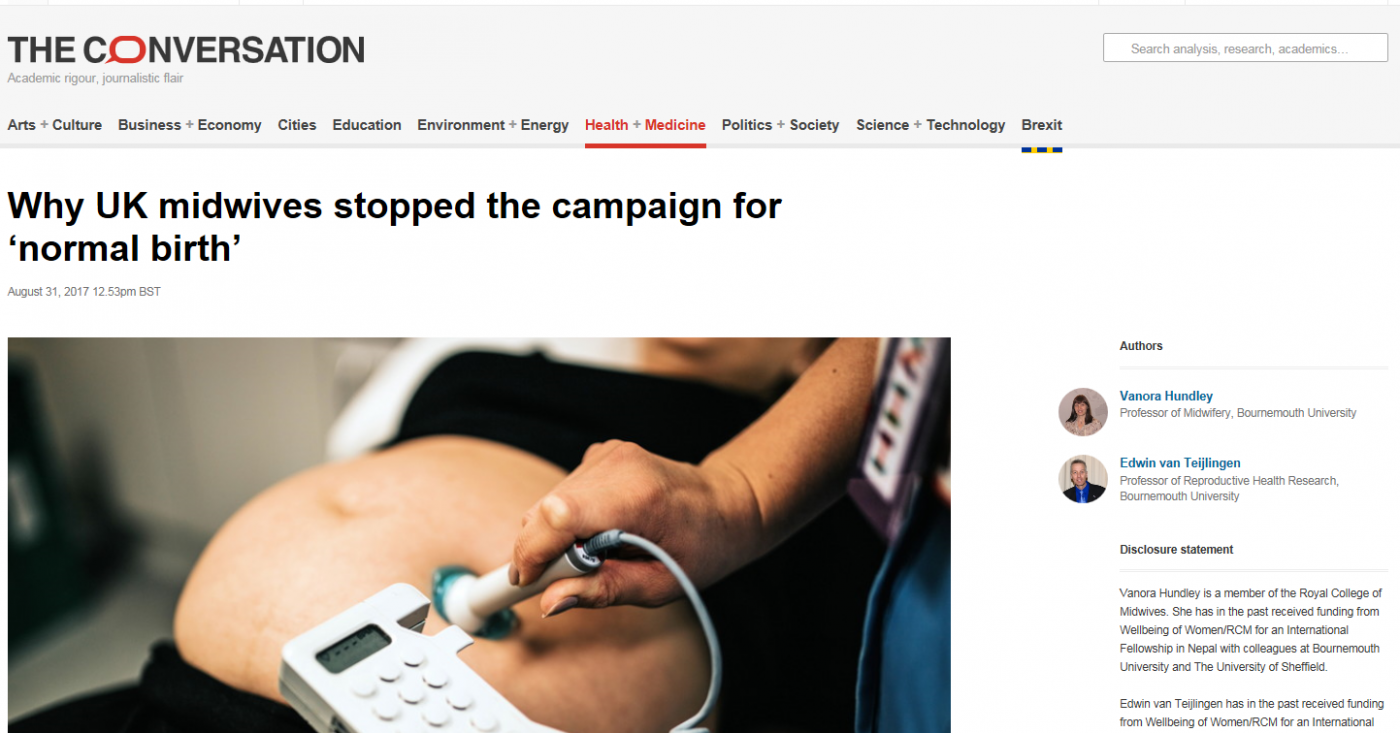
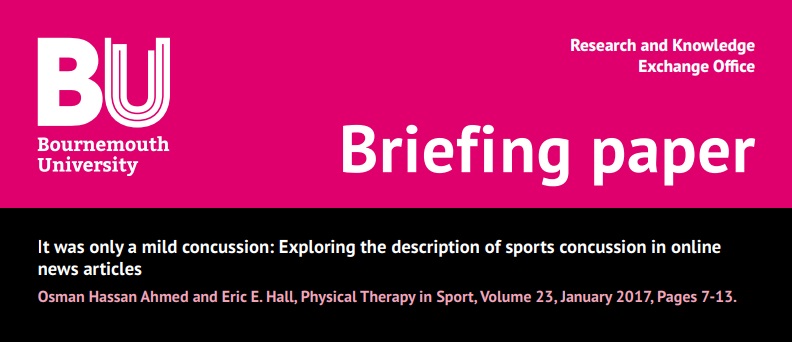 Our
Our 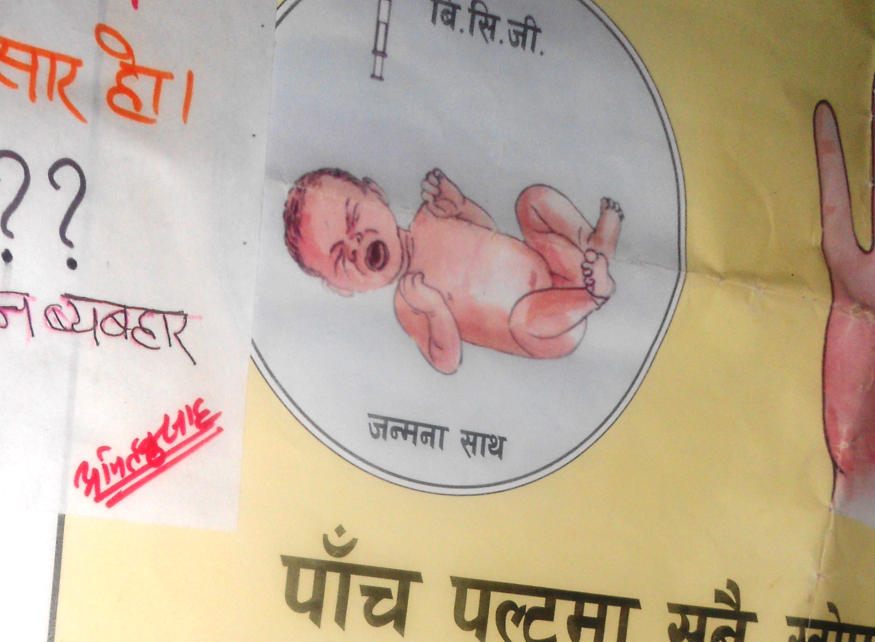


 The Health Foundation, an independent charity committed to bringing about better health and health care for people in the UK, has launched a new £1.5 million funding programme for innovative research on the economic and social value of health in the UK.
The Health Foundation, an independent charity committed to bringing about better health and health care for people in the UK, has launched a new £1.5 million funding programme for innovative research on the economic and social value of health in the UK.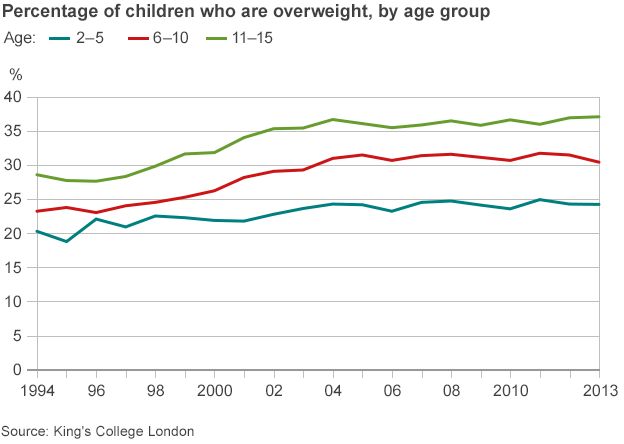
 Innovate UK is to invest up to £8 million in projects that develop new digital technology solutions to healthcare challenges.
Innovate UK is to invest up to £8 million in projects that develop new digital technology solutions to healthcare challenges.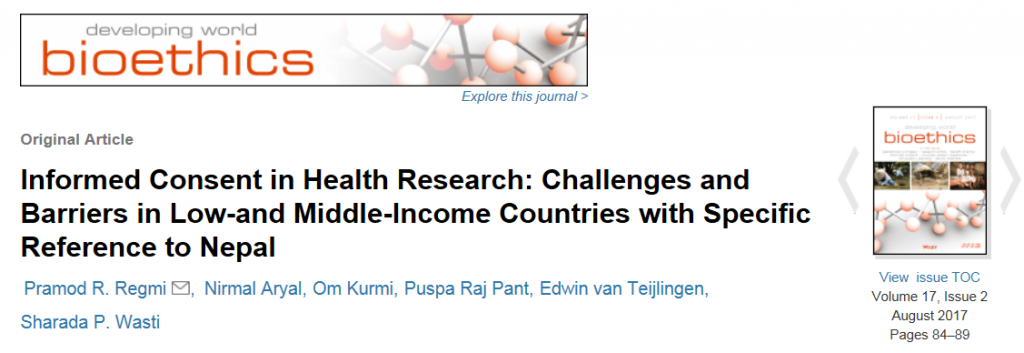


 ent simulator, and the VirtaMed knee arthroscopy. This is the only lab in Europe where the two simulators are together.
ent simulator, and the VirtaMed knee arthroscopy. This is the only lab in Europe where the two simulators are together. just drilling holes into a piece of wood using the simulator was incredibly hard. However, as I used and practiced the simulators more, I could feel myself improving and progressing in the fundamental skills required.
just drilling holes into a piece of wood using the simulator was incredibly hard. However, as I used and practiced the simulators more, I could feel myself improving and progressing in the fundamental skills required.


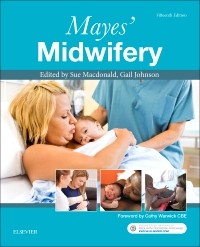

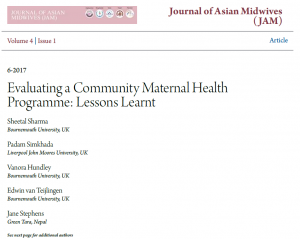











 Nursing Research REF Impact in Nepal
Nursing Research REF Impact in Nepal Fourth INRC Symposium: From Clinical Applications to Neuro-Inspired Computation
Fourth INRC Symposium: From Clinical Applications to Neuro-Inspired Computation ESRC Festival of Social Science 2025 – Reflecting back and looking ahead to 2026
ESRC Festival of Social Science 2025 – Reflecting back and looking ahead to 2026 3C Event: Research Culture, Community & Cookies – Tuesday 13 January 10-11am
3C Event: Research Culture, Community & Cookies – Tuesday 13 January 10-11am Dr. Chloe Casey on Sky News
Dr. Chloe Casey on Sky News ECR Funding Open Call: Research Culture & Community Grant – Application Deadline Friday 12 December
ECR Funding Open Call: Research Culture & Community Grant – Application Deadline Friday 12 December MSCA Postdoctoral Fellowships 2025 Call
MSCA Postdoctoral Fellowships 2025 Call ERC Advanced Grant 2025 Webinar
ERC Advanced Grant 2025 Webinar Horizon Europe Work Programme 2025 Published
Horizon Europe Work Programme 2025 Published Update on UKRO services
Update on UKRO services European research project exploring use of ‘virtual twins’ to better manage metabolic associated fatty liver disease
European research project exploring use of ‘virtual twins’ to better manage metabolic associated fatty liver disease